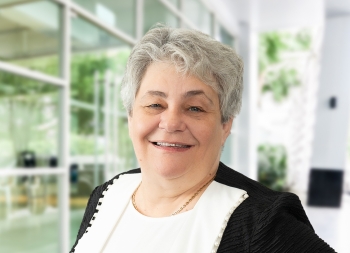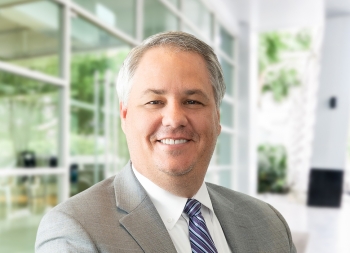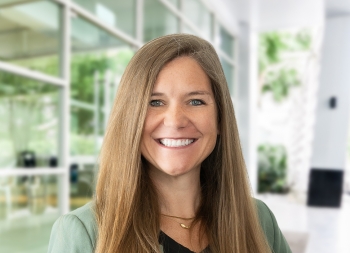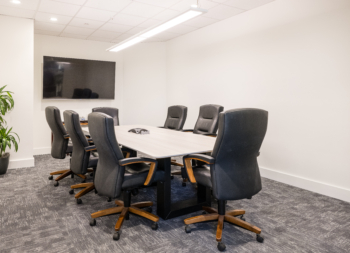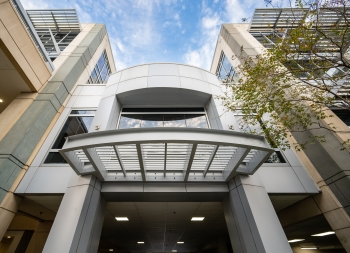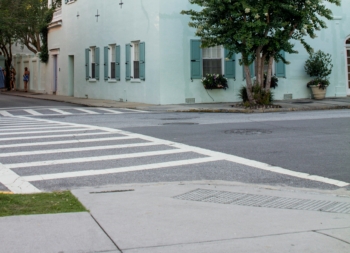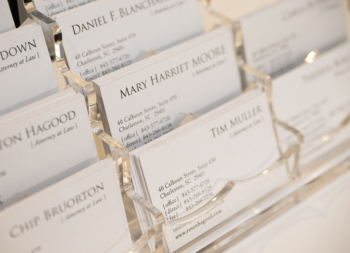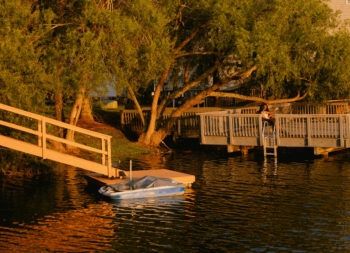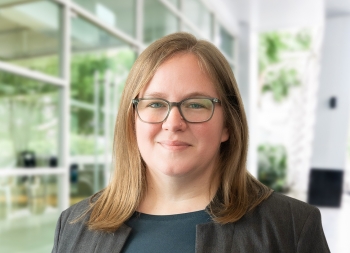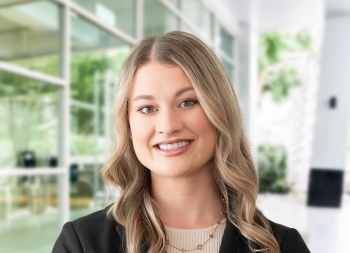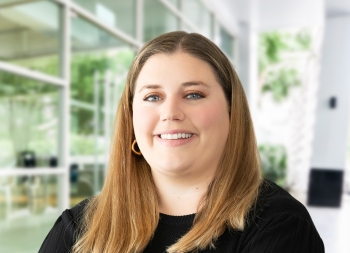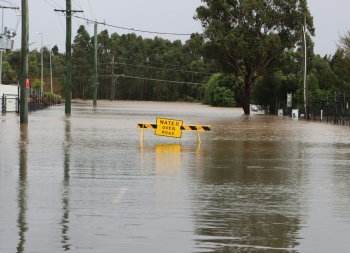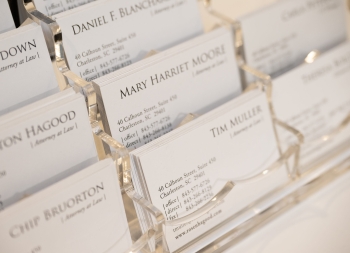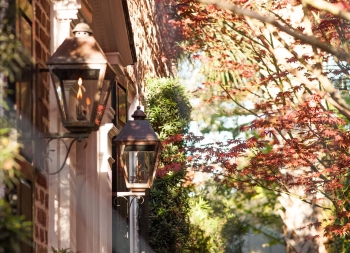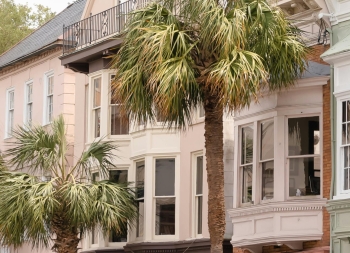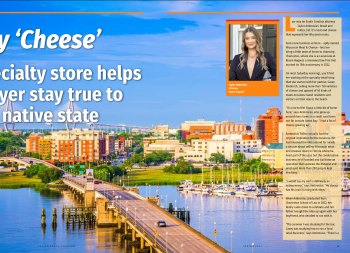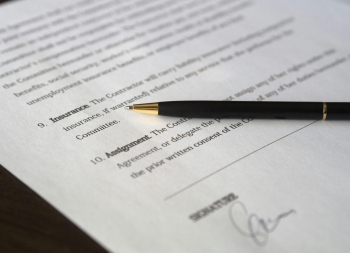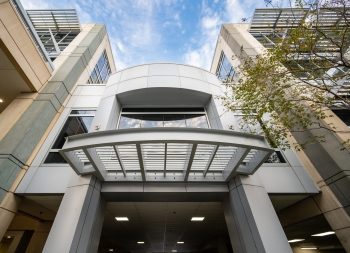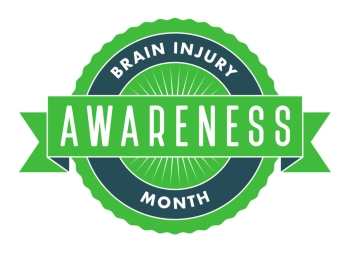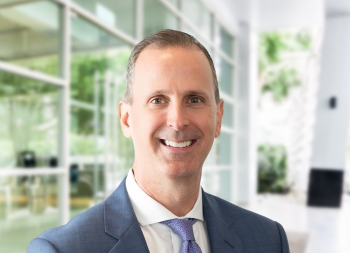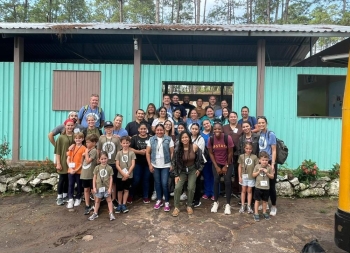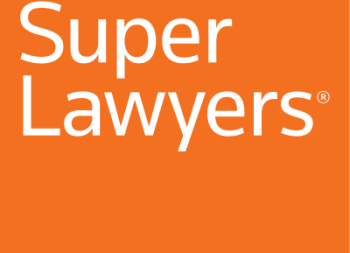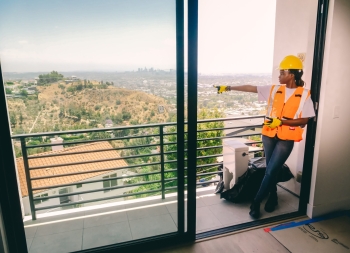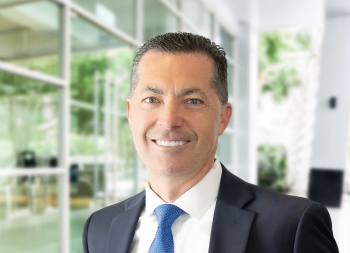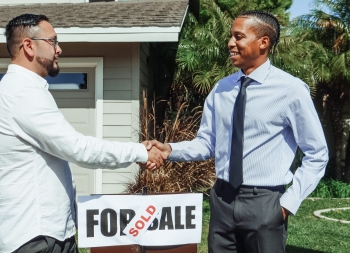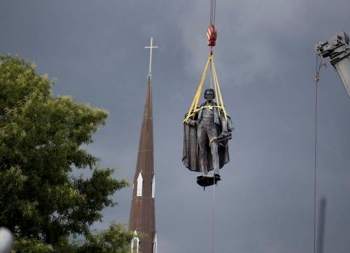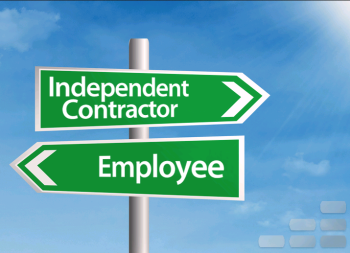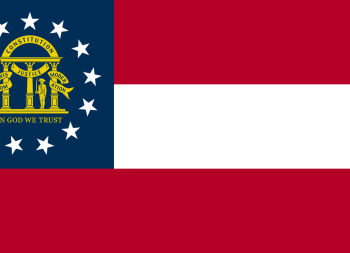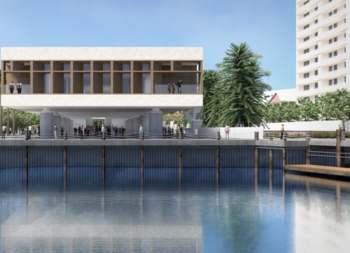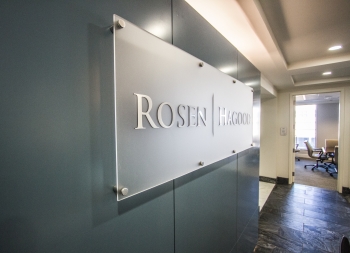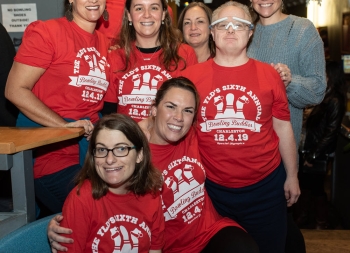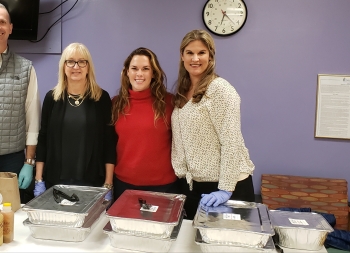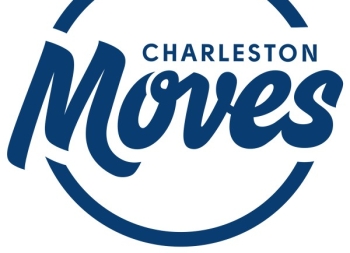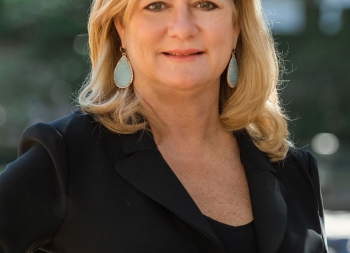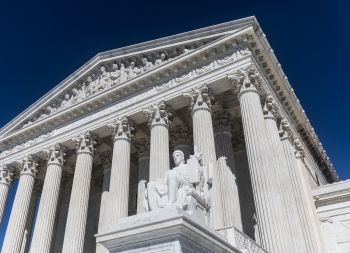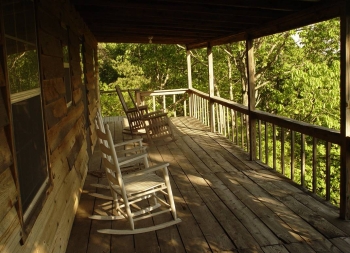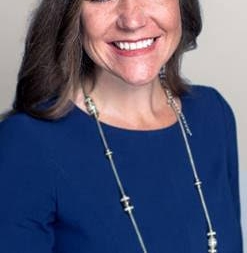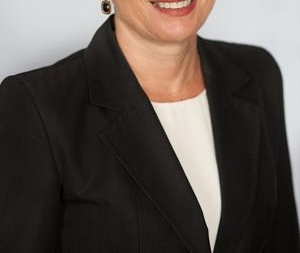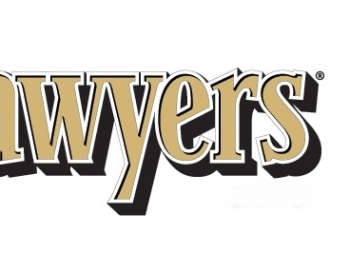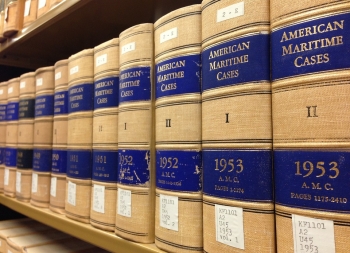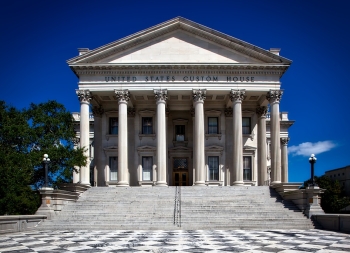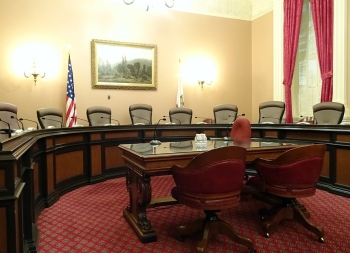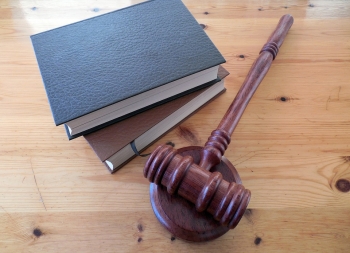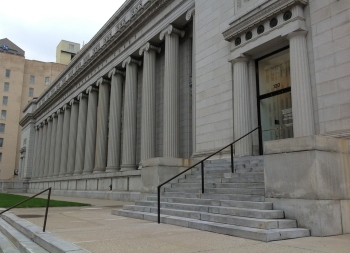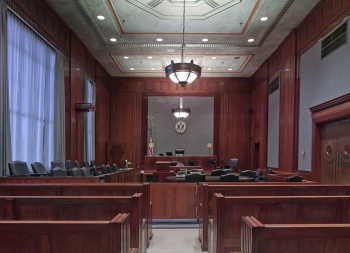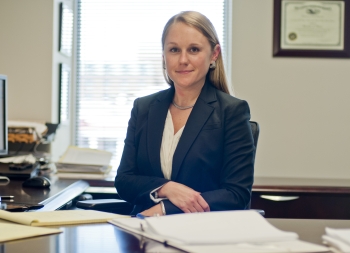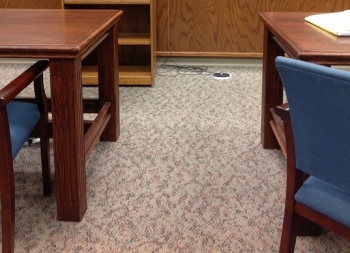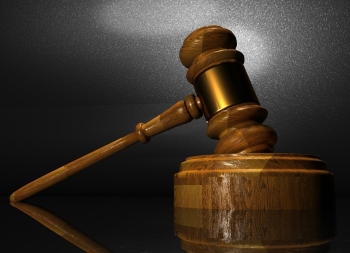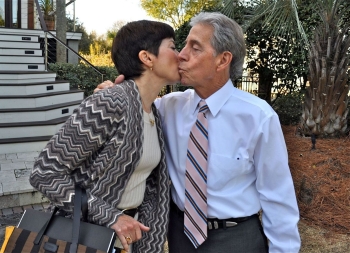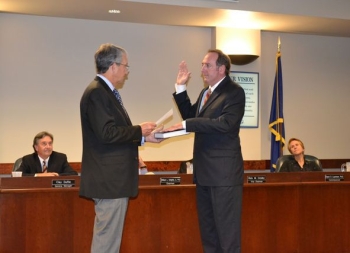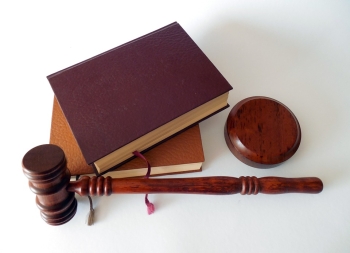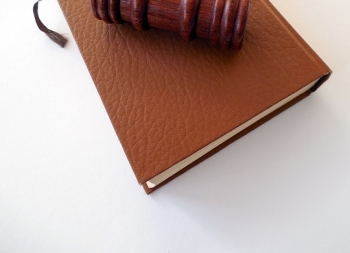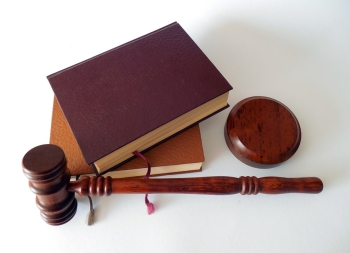Additional Living Expenses (ALE) Coverage: Your Lifeline After a South Carolina Hurricane
When a hurricane or severe storm strikes South Carolina, the damage to your home can be devastating. Beyond the structural repairs, one of the most immediate and overwhelming concerns for displaced homeowners is: “Where will my family live, and how will we afford it?” This is where Additional Living Expenses (ALE) coverage, often referred to as “loss of use” coverage, becomes your essential lifeline.
This important part of your homeowners’ insurance policy is designed to cover the increased costs of maintaining your household’s normal standard of living when your home becomes uninhabitable due to a covered loss. However, navigating ALE claims can be complex, and disputes with insurers are common, sometimes leading to bad faith insurance practices.
What is Additional Living Expenses (ALE) Coverage?
Additional Living Expenses (ALE) coverage is a standard provision in most homeowners, condo, and renters’ insurance policies. Its core purpose is to reimburse you for the extra expenses you incur because you cannot live in your damaged home. This covers the difference between your normal living costs and the higher costs you face while displaced.
What Does ALE Cover? (And What It Doesn’t)
When your home is uninhabitable, ALE can cover a range of expenses, including:
- Temporary Housing Insurance
This is often the largest component, covering hotel stays, temporary rental apartments, or even leasing a comparable home while your primary residence is repaired or rebuilt. For extended displacements, “corporate apartments” can be a practical solution, offering a more normal living environment than a hotel. - Increased Food Expenses
If your temporary living situation lacks cooking facilities, ALE may cover reasonable restaurant meals, but only the amount that exceeds your typical grocery budget. - Pet Boarding
Costs for housing your pets separately if they can’t stay with you. - Increased Utility Costs
Additional utility bills at your temporary residence that exceed your normal home utility expenses, including new account or setup fees. - Extra Transportation/Mileage
If your temporary residence increases your commute to work, school, or other regular activities, or for rebuild-related travel. - Storage Unit Costs
For belongings that cannot remain in your damaged home or temporary housing. - Moving Expenses
Costs associated with moving to and from temporary housing. - Reconnection Fees
For services like cable or utilities, when you return home. - Emergency Repairs
Costs for essential repairs to prevent further damage (e.g., tarps for a roof).
It is important to know that ALE is limited to costs incurred. In other words, ALE coverage will not pay in advance for estimated loss of use or additional living expenses.
What ALE does NOT cover:
It’s crucial to understand that ALE does not cover your normal living expenses, such as your mortgage payments, property taxes, or existing insurance premiums. It also won’t pay for luxury accommodations or any expenses that are not directly related to your displacement. ALE will not pay expenses that have not or are not being incurred.
When Does ALE Coverage Kick In? “Uninhabitable” Homes and Covered Perils
Additional Living Expenses coverage is triggered when a covered loss makes your “residence premises not fit to live in.” The definition of “uninhabitable” generally means your home lacks fundamental services like water, electricity, heat, or plumbing. It can also apply if essential rooms like your kitchen or only bathroom are unusable, or if repair activities (excessive noise, utility shutdowns) make living there unsafe or impractical.
For South Carolina hurricane displacement, ALE is typically activated when your home is damaged by wind or other perils explicitly covered in your homeowners’ policy. However, remember that standard homeowners’ policies do not cover flood damage (including storm surge), which requires a separate flood insurance policy. If a flood is the primary cause of your home being uninhabitable, your ALE claim might be denied under your homeowners’ policy.
Some policies may also cover ALE for a limited period (often up to two weeks) if a civil authority orders an evacuation, even if your home isn’t directly damaged.
How Long Does ALE Coverage Last? Navigating Limits and Disputes
Additional Living Expenses coverage is subject to specific limits, typically a maximum dollar amount and/or a timeframe.
- Dollar Limits: Often a percentage of your dwelling coverage (e.g., 20-30% for HO-2, HO-3, HO-5 policies; 10% for HO-8). Some premium policies may offer uncapped ALE.
- Time Limits: Typically range from 12 to 24 months, though some states have regulations for longer periods, especially after major disasters.
A common source of contention is the “shortest time required” clause in most policies, which states that payment will be for the “shortest time required to repair or replace the damage.” Insurers’ initial repair estimates can be overly optimistic and may not account for real-world delays like material shortages or labor issues, especially after widespread hurricane damage. This often leads to disputes where insurers attempt to cut off ALE payments prematurely, even if your home remains uninhabitable.
When ALE Disputes Become Bad Faith Insurance Claims
Unfortunately, disputes over Additional Living Expenses are common, and sometimes, an insurer’s actions can cross the line into bad faith insurance. In South Carolina, every insurance contract includes an “implied covenant of good faith and fair dealing.” When an insurance company fails to uphold this duty, it can be considered bad faith.
Examples of actions that might constitute bad faith in an ALE claim include:
- Unreasonable Delays:
Stalling the processing or investigation of your ALE claim without justification. - Denial Without Valid Reason:
Denying your ALE claim even when your home is clearly uninhabitable due to a covered peril. - Underpayment/Lowball Offers:
Offering significantly less than what is reasonable for temporary housing insurance or other increased expenses, despite clear evidence of your costs. - Misrepresenting Policy Terms:
Twisting the language of your policy (e.g., the “shortest time required” clause) to limit or deny your rightful ALE benefits. - Premature Termination of ALE:
Cutting off your ALE payments based on unrealistic repair timelines, forcing you to accept inadequate property damage settlements, or face severe financial hardship.
If you believe your insurer is acting in bad faith regarding your South Carolina hurricane displacement or any other ALE claim, you have rights. You may be able to pursue legal action to recover not only the unpaid benefits but also potentially attorneys’ fees, punitive damages, and damages for emotional distress.
Protecting Your ALE Claim: Key Steps
To maximize your Additional Living Expenses coverage and protect yourself from potential disputes:
- Document Everything:
Be sure to keep all receipts for every additional expense incurred due to displacement. You should also track your normal living expenses to clearly show what constitutes “additional” costs under your policy. - Understand Your Policy:
Review your specific ALE dollar and time limits. Ask your insurer directly about what constitutes a “comparable home” and how long they anticipate repairs will take. - Communicate Effectively:
Maintain a detailed log of all interactions with your insurer – names, dates, times, and summaries of conversations. All of your agreements should be in writing so you can reference them later, if necessary. - Seek Professional Help:
If you face unreasonable delays, denials, or feel your claim is being unfairly handled, consult with an attorney specializing in property insurance claims and bad faith insurance litigation.
Don’t let the complexities of Additional Living Expenses coverage add to the stress of hurricane season. Understanding your rights and being prepared can make all the difference in your recovery.
South Carolina Bad Faith Insurance Attorneys
If your insurance company has denied your claims, underpaid on your claim, or misrepresented your coverage, contact Rosen Hagood for a free consultation. Our experienced South Carolina bad faith insurance attorneys are here to help you fight for the compensation you deserve.

